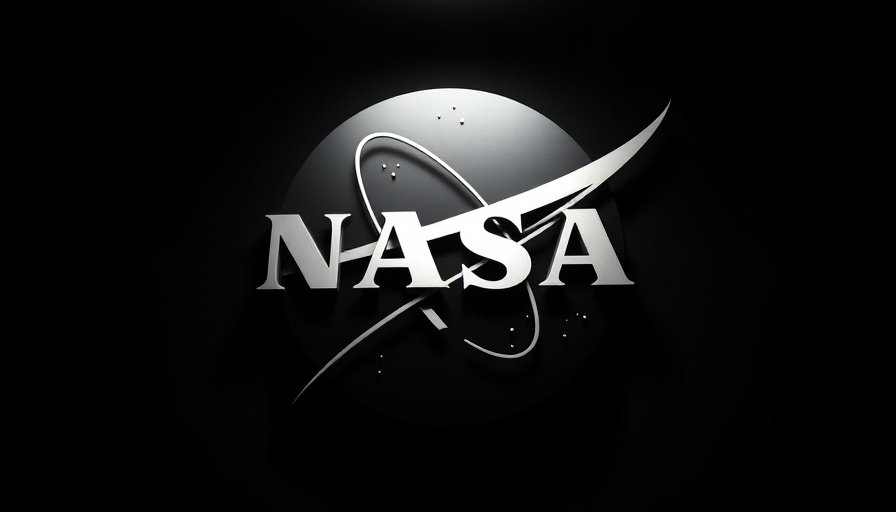
Understanding the Shift in NASA Leadership
In a surprising move that sent ripples through the aerospace community, the White House announced the withdrawal of Jared Isaacman’s nomination to lead NASA, previously favored as a candidate by Elon Musk. President Trump is poised to name a new nominee, emphasizing the necessity for the next agency head to align with his America First agenda. This decision underscores the ongoing influence of political dynamics within federal appointments, especially in high-stakes agencies like NASA that are at the forefront of technological advancement and space exploration.
The Implications for NASA and the Space Industry
Jared Isaacman, a billionaire entrepreneur and private astronaut, was seen as a visionary nominee for NASA, with plans to push forward space exploration initiatives. His affiliation with Musk, the founder of SpaceX, led many to believe that he would usher in a new era of collaboration between government agencies and private enterprises. However, his abrupt withdrawal raises questions about the direction NASA will take in advancing its mission, particularly regarding the growing role of commercial ventures in space.
Political Influences Affecting Space Programs
The swift retreat from Isaacman's nomination can be interpreted as part of a broader strategy by Trump’s administration to shape federal entities according to a specific ideological framework. This aligns closely with Trump's previous actions in various sectors, reflecting a prioritization of appointing heads who resonate with his approach. The lack of clarity surrounding this decision accentuates the intricate interplay between public service and private sector influences that is characteristic of the current political landscape.
What Comes Next for NASA?
With a new candidate on the horizon, attention now turns to potential successors who could fill the role. The White House has not disclosed specific names yet, but candidates will likely be scrutinized for compatibility with Trump's vision for NASA. The broader implications for the agency's partnerships and alliances—especially as it relates to commercial space ventures—will be pivotal as the next leader navigates these turbulent waters.
The Intersection of Business and Space Exploration
The withdrawal of a candidate with strong ties to the private sector indicates an ongoing tension between government oversight and entrepreneurial freedom in space exploration. With discussions around budget allocations and strategic partnerships heating up, potential conflicts of interest around public and private initiatives will be in focus as stakeholders watch the developments in NASA's leadership.
Reflections on Past NASA Administrations
Historically, NASA has faced challenges when transitioning leadership, especially as the agency adapts to new scientific priorities. The trajectory of NASA under various leaders has often mirrored the political climate of the time. Isaacman’s anticipated presence could have signified a shift towards a more commercially-friendly agency; however, his withdrawal adds another layer of uncertainty to an already complex landscape.
Conclusion: The Future of Space Leadership
As we await Trump’s new nominee, the space community is abuzz with speculation on how the incoming leadership will shape NASA’s mission and priorities in the coming years. Whatever the outcome, it’s clear that the interplay between government policy and private sector innovation will continue to influence the future of space exploration significantly.
 Add Row
Add Row  Add
Add 



Write A Comment